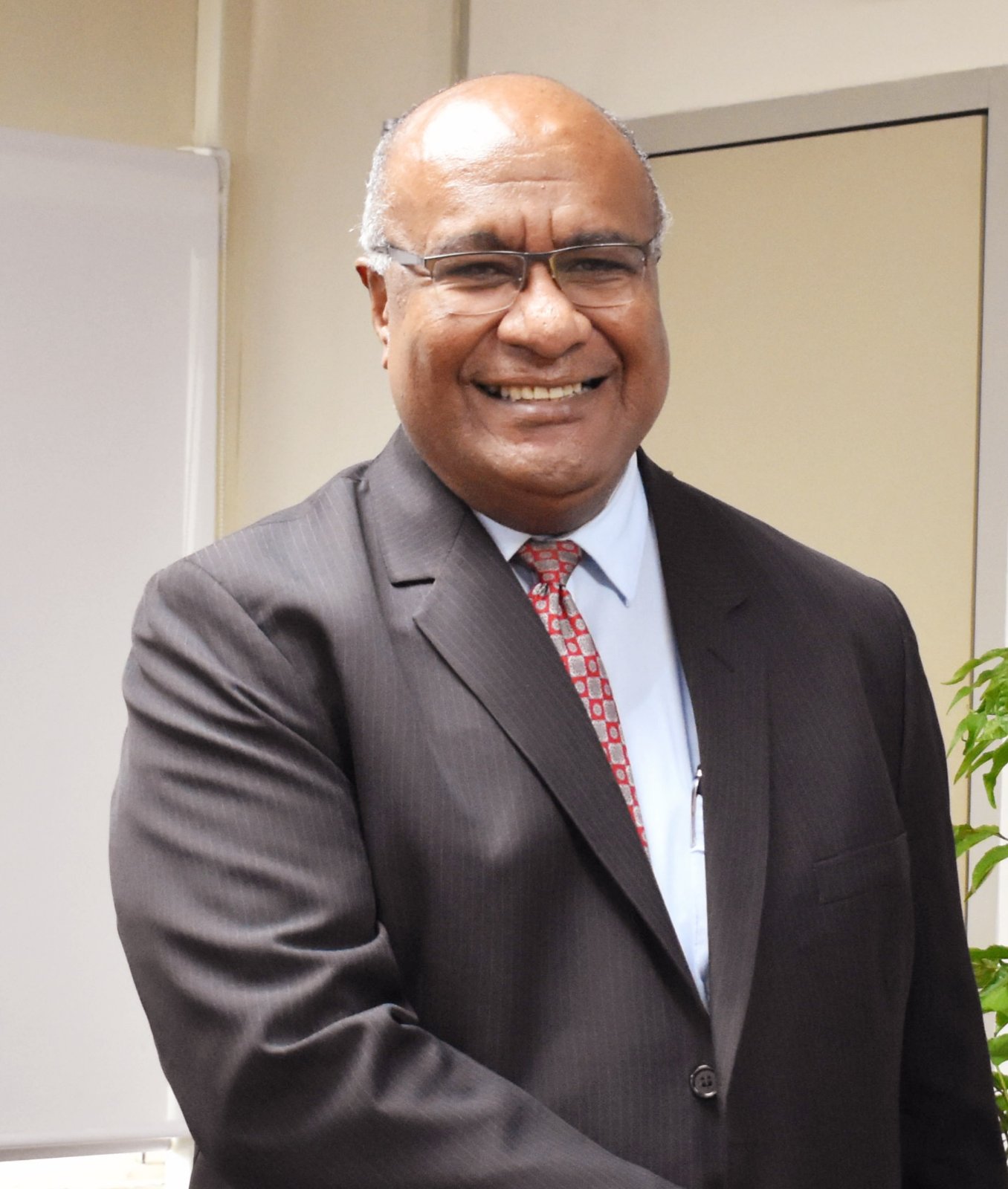Attorney-General and Minister for Economy, Hon. Aiyaz Sayed-Khaiyum,
Chair and Board Directors of Consumer Council of Fiji,
Chief Executive Officer of Consumer Council of Fiji, Ms Seema Shandil,
Director Financial Intelligence Unit, Mr Razim Buksh,
President of Fiji Chamber of Commerce, Dr Nur Bano Ali,
Head of Corporate and E-commerce Vodafone, Fiji, Mr Shailendra Prasad,
Regional Technical Specialist, United Nations Capital Development Fund, Mr Ajay Jagannath,
Heads of Organisations,
Distinguished Guests,
Members of the Media,
Bula Vinaka, and a very good morning to you all.
At the outset, I acknowledge the Consumer Council of Fiji for hosting World Consumer Rights Day every year. By doing so, you are leading our national efforts in acknowledging this global day.
Ladies and Gentlemen,
Consumers are a critical component of any economy. This year we’re placing special emphasis on “Fair Digital Finance”.
According to Consumer International – by 2024 – digital banking consumers are expected to exceed 3.6 billion. In developing countries, digital transactions have grown to 70 percent in 2017, compared to 57 percent in 2014. That’s a 13 percent growth in a matter of just 3 years.
As individuals change how they spend, send, and save money. Effortlessly pay bills, transfer funds, and see their bank statements digitally using the means of a computer or mobile phone – increasing consumer choice and convenience.
Whilst digital finance makes banking and payments convenient, there are risks associated, risks that marginalise a group of consumers more than it does others.
Digital finance can increase the likelihood of the most vulnerable being left behind or face fraud. And this isn’t uncommon.
Ladies and Gentlemen,
According to the Asian Development Bank, several Pacific Island Countries’ financial sectors have struggled to adapt to digitalisation, with only 20 percent of individuals in these countries having access to a formal financial system for savings.
In developing nations, such as ours, the expansion of digital financial services has given Fijians, particularly those with traditionally no access to a bank account, access to financial services for the first time. As of December 2020, of the 390,772 mobile money accounts registered, less than 50 percent (43.7% or 170,892) were active.
But, with technology evolving expeditiously, consumers are still challenged in getting access to digital financial services squarely. What drives this concern is the possibility that mobile banking and associated technology is outpacing consumer protection procedures within financial services.
Ladies and Gentlemen,
It’s easy to forget that services that are now ingrained in the banking fabric, such as ATMs and credit cards, were once considered revolutionary.
Financial technology is already shaping sectors of the financial services industry, from wealth management to microfinance.
Financial institutions have evolved and are increasingly digitising transactions to address pressing requirements such as paying for utilities, water, and electricity, or obtaining low-cost wages and social benefits. These opportunities were critical during the pandemic’s peak in Fiji.
Ladies and Gentlemen,
Fiji is a key facilitator of Digital Financial Services (DFS) in the Pacific.
Throughout the pandemic, more people have adapted to getting their business online or handling day-to-today activities. This includes mobile payments by the Fijian Government and Fiji National Provident Fund, for disbursement of financial assistance. Fijian businesses also embraced e-commerce, online payments, quick response (QR) payments and mobile money to continue operating amidst the pandemic.
Remittances through mobile money platforms in 2020, recorded a threefold increase to approximately $82.1 million compared to 2019.
This has enabled our businesses, especially MSMEs, to remain afloat. When remittance comes in, particularly in rural and maritime areas, Fijians can buy their essentials from the local stores —thus circulating money in these communities and the local economy.
It emerged as a critical avenue for getting financial support across to the people a lot easier. It helped maintain commercial operations despite lockdowns, or curfews.
Ladies and Gentlemen,
This was possible as we are focused and established a well-designed digital infrastructure for financial services. Services that are fair, safe and inclusive. Services that help close the gender, income, education, and degree of urbanisation disparities and bring individuals into the formal financial system.
With a relatively young population, as policy makers, we have to continue being forward looking. We have already put in place a number of policies and initiatives that harness the potential of digital innovation to boost public participation, and encourage fair competition and collaboration among stakeholders.
Ladies and Gentlemen,
We have a very esteemed group of panellists, who I’m sure will share what it means to have Fair Digital Finance.
With these remarks, I wish you everyone a very fruitful and powerful International Day for Consumer Rights.
Vinaka Vakalevu and Thank you.


